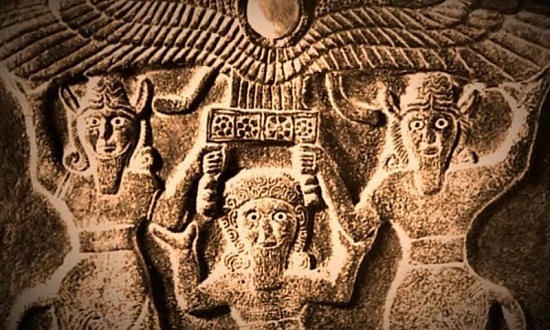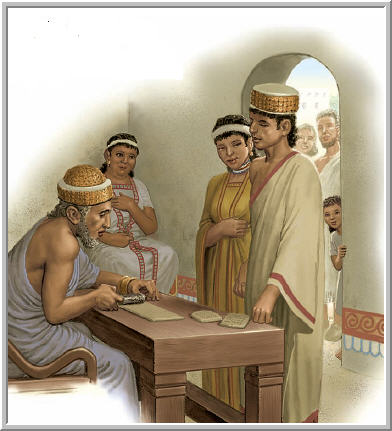What do you mean by the term "God"?

There are many 'layers' to the term God. From the ineffable Prime Creative Force to ... beings who create worlds, ... beings who seed worlds with life, ... beings who oversee the development of life, ... beings who foster civilisations, ... beings who exploit these inhabited and civilised worlds ... and ... beings who protect these inhabited and civilised worlds from exploitation. So when you write or speak about GOD ... define which you mean. When others write or speak about GOD ... discern which they mean. It astounds me how commonly people communicate at cross purposes without taking a moment to define their term, GOD. But then ... the Bible does a fantastic job of tangling these layers.






